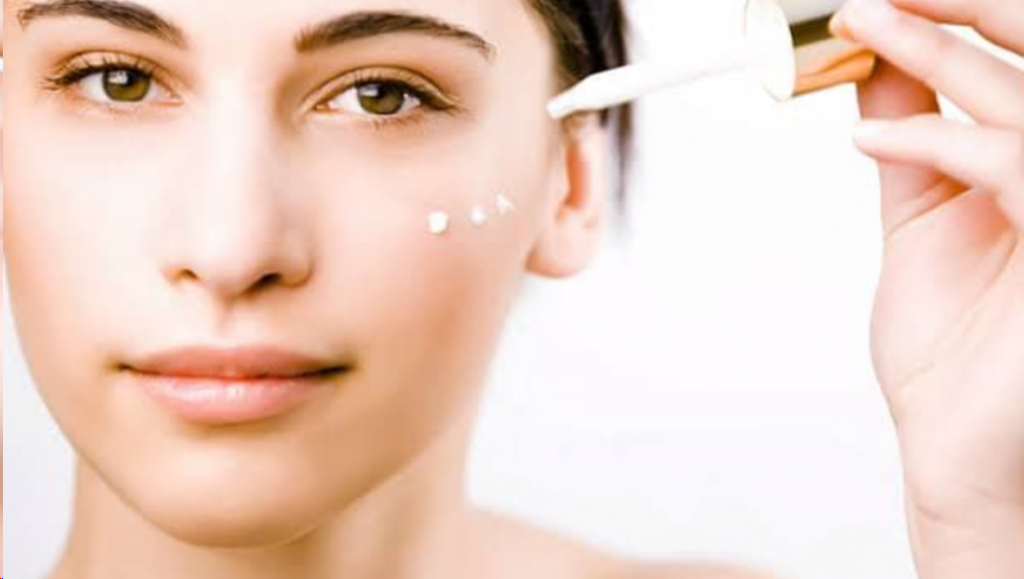
Addressing acne can be a frustrating journey that affects your confidence. Even with diligent skincare routines, persistent pimples can remain a challenge. Rather than attributing the issue solely to genetics or stress, it’s worth examining your daily skincare practices. Some common habits might be contributing to your acne rather than alleviating it. In this article, we will explore seven unexpected skincare habits that could be making your acne worse and provide practical solutions for clearer, healthier skin.
7 Skincare Habits That Might Be Worsening Your Acne
1. Over-Washing Your Face:
While clean skin is crucial, especially with acne, washing your face too frequently can remove essential natural oils, leading to dryness and irritation. This can cause your skin to produce more oil to compensate, potentially exacerbating breakouts. Opt for a gentle, non-stripping cleanser designed for acne-prone skin, and limit face washing to once or twice a day.
2. Skipping Moisturizer:
If you have oily or acne-prone skin, you might think avoiding moisturizer is beneficial. However, this can compromise your skin’s moisture barrier, making it more prone to inflammation and breakouts. Use oil-free, non-comedogenic moisturizers that hydrate without clogging pores. Ingredients like hyaluronic acid and ceramides are excellent for maintaining moisture balance.
3. Excessive Exfoliation:
Exfoliating helps remove dead skin cells and unclog pores, but overdoing it can irritate your skin and disrupt its natural balance, worsening acne. Limit exfoliation to 2-3 times a week, using gentle exfoliants like salicylic acid or lactic acid to dissolve excess oil and prevent clogs without irritation.
4. Using Harsh Products:
The urge to use strong products to eliminate acne quickly is understandable, but ingredients like alcohol, sulfates, and fragrances can strip your skin and cause inflammation, worsening acne. Choose gentle, non-irritating products formulated for acne-prone skin, with ingredients like benzoyl peroxide, tea tree oil, and niacinamide to target bacteria and inflammation without excessive dryness.
5. Picking and Popping Pimples:
Squeezing pimples can cause more harm than good, leading to skin trauma, deeper bacterial penetration, and increased scarring and infection risk. Avoid touching your pimples and allow them to heal naturally. Use spot treatments with benzoyl peroxide or salicylic acid to reduce inflammation and speed up healing.
6. Neglecting Sun Protection:
Sunscreen is vital for preventing post-inflammatory hyperpigmentation (PIH) and acne scarring. Many acne treatments can increase skin sensitivity to sunlight, making sun protection essential. Use oil-free, non-comedogenic sunscreens with SPF 30 or higher, and choose formulas with zinc oxide or titanium dioxide for broad-spectrum protection without clogging pores.
7. Stressing Out:
While stress doesn’t directly cause acne, it can worsen existing breakouts by triggering hormonal changes and increasing inflammation. Manage stress through exercise, meditation, or time with loved ones, and maintain a healthy lifestyle with sufficient sleep and a balanced diet to support overall skin health and minimize stress-related acne.
Conclusion:
Achieving clear, acne-free skin requires time, patience, and experimentation. By avoiding these common skincare mistakes and adopting a gentle, acne-friendly routine, you can improve your skin’s health and reduce breakouts. Remember, everyone’s skin is unique, so feel free to try different products and methods to find what works best for you.





